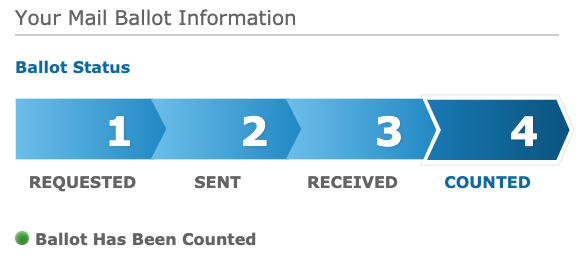
NO, not texting, tapping on that laptop keyboard, or desktop, or speaking into the device which translates it into type and font.
The typewriter was a device that printed characters one at a time as the keys were pressed on its keyboard onto a storage device known as paper and if you needed copies, then toy would use carbon paper, so it could easily be shared with more than one reader.
After the manual typewriters, some advanced typewriters used electricity and had the ability to delete single characters at a time but older versions did not require electricity and could only have corrections made by applying a white liquid to the paper called "correction fluid" to cover up mistakes.
When corrections were made using carbon paper, the carbon paper required the use of an eraser. The eraser was a correction device found at the end of another obsolete device known as the pencil. A pencil allowed writers to make corrections by rubbing against paper, thus lifting the graphite impression left in the paper by the pencil.
In any case, all of these technologies suffered from the defect that it was impossible to exactly determine who had actually written the documents in question. Thus in order to achieve proper identification people used an older device called a pen to legally sign a document using an archaic process called hand writing, which no one uses now.
The typewriter was replaced by a computer. It had the nasty habit of rebooting spontaneously without warning. Now we instantly transmit all information to individuals around the world.
This has the additional advantage of allow governments to instantly detect subversive content.
Big Brother knows exactly who has said what, and require individuals to attend reeducation camps to ensure that they are fully in compliance with all regulations concerning attitudes and belief systems.
The typewriter is about a simpler time, the younger me, a lost integrity, a relation to the text that seems as original as writing with pen and paper. I think more carefully, and mean what I write on a typewriter in a way that I never do on a computer, in which the text is always subject to revision.
On a typewriter, our thoughts were fixed forever. The computer has changed our culture in which everything solid melts away. Oh, how that typewriter could make us cheer once again.
The other day I met an old friend in the Bronx. She asked for my number, so I gave her my business card. She didn't have card, so I went inside my purse to get a pen and paper to write her number. She asked, "Don't you have a smartphone?" I told her I did. I took my Android to record number, but the signal was acting up. I ended up jotting down her number on a piece of paper because it turned out to be faster. ) She said it had been a while since she saw someone writing her number with a pen. I told her I still use pen (and pencils) and paper pretty regularly even though anyone who knows me knows how much I love the Internet. )